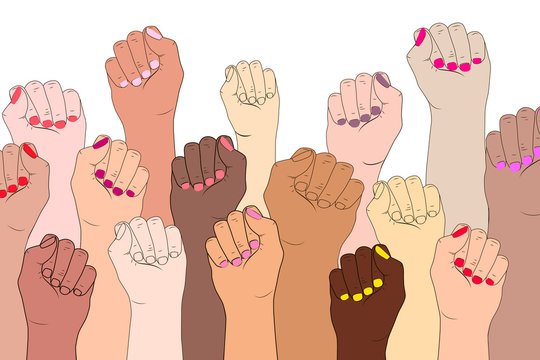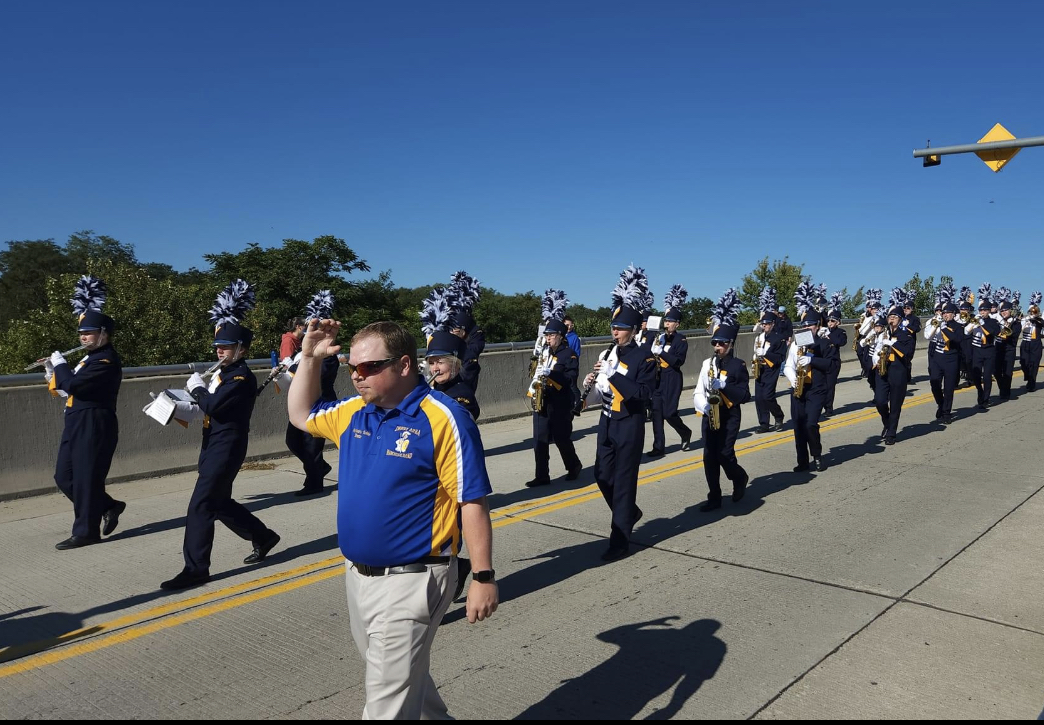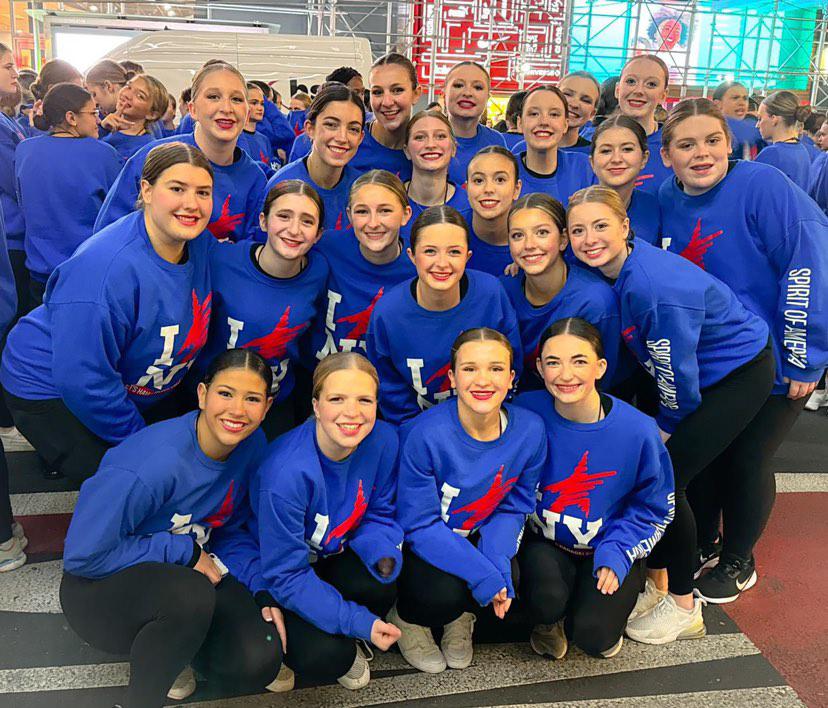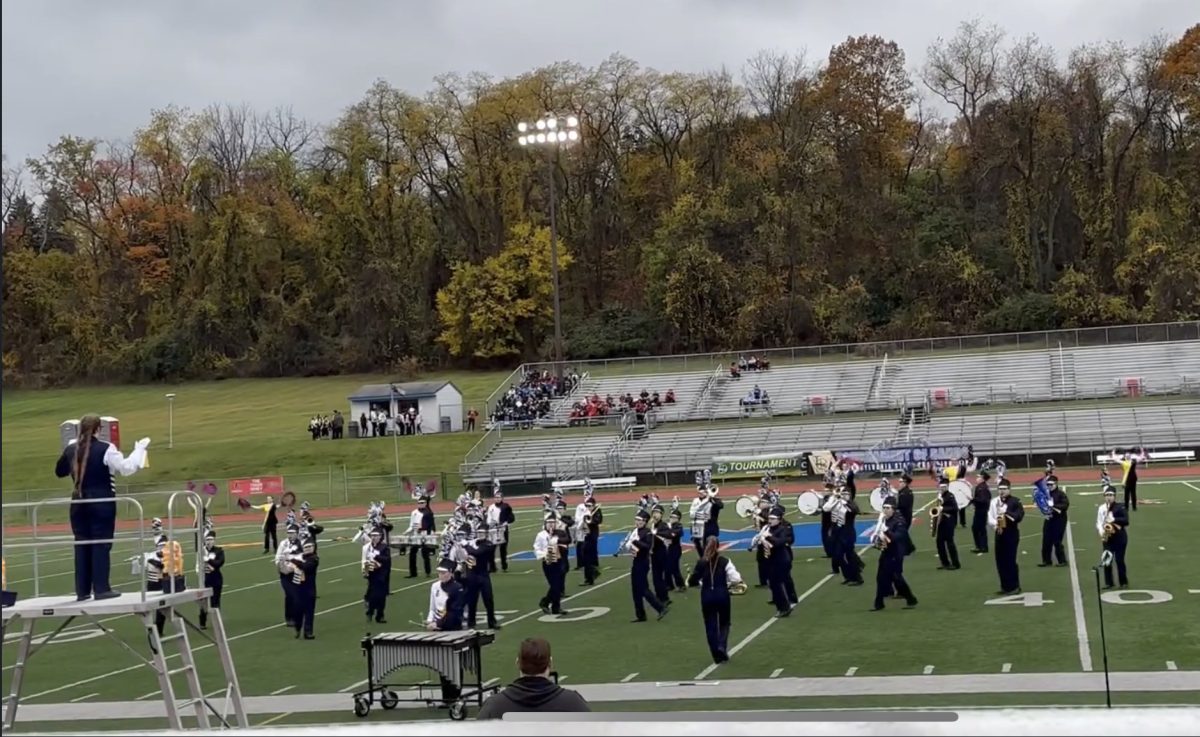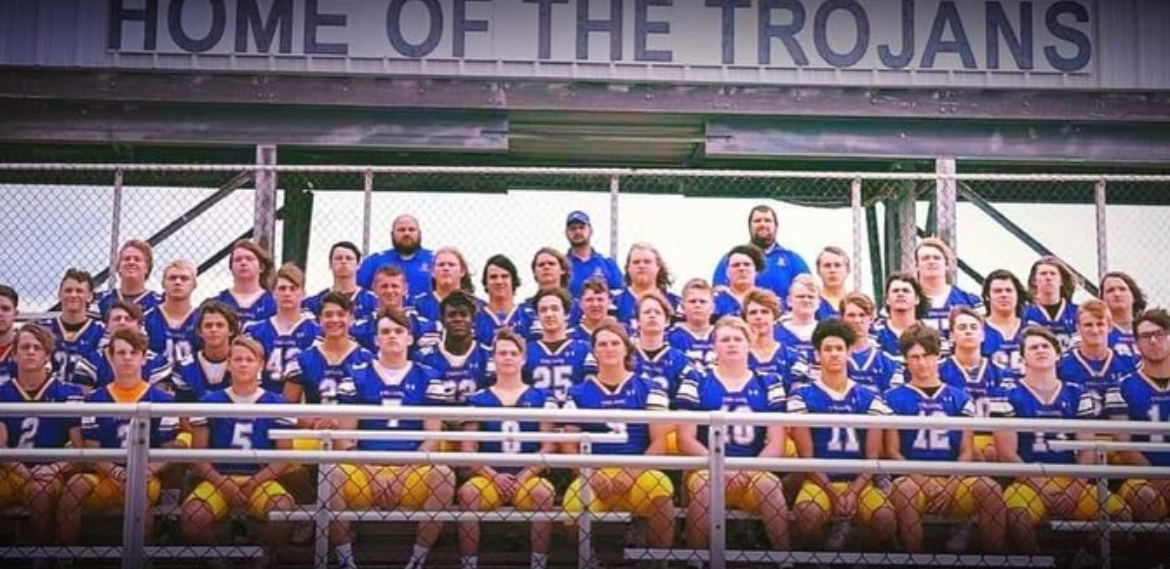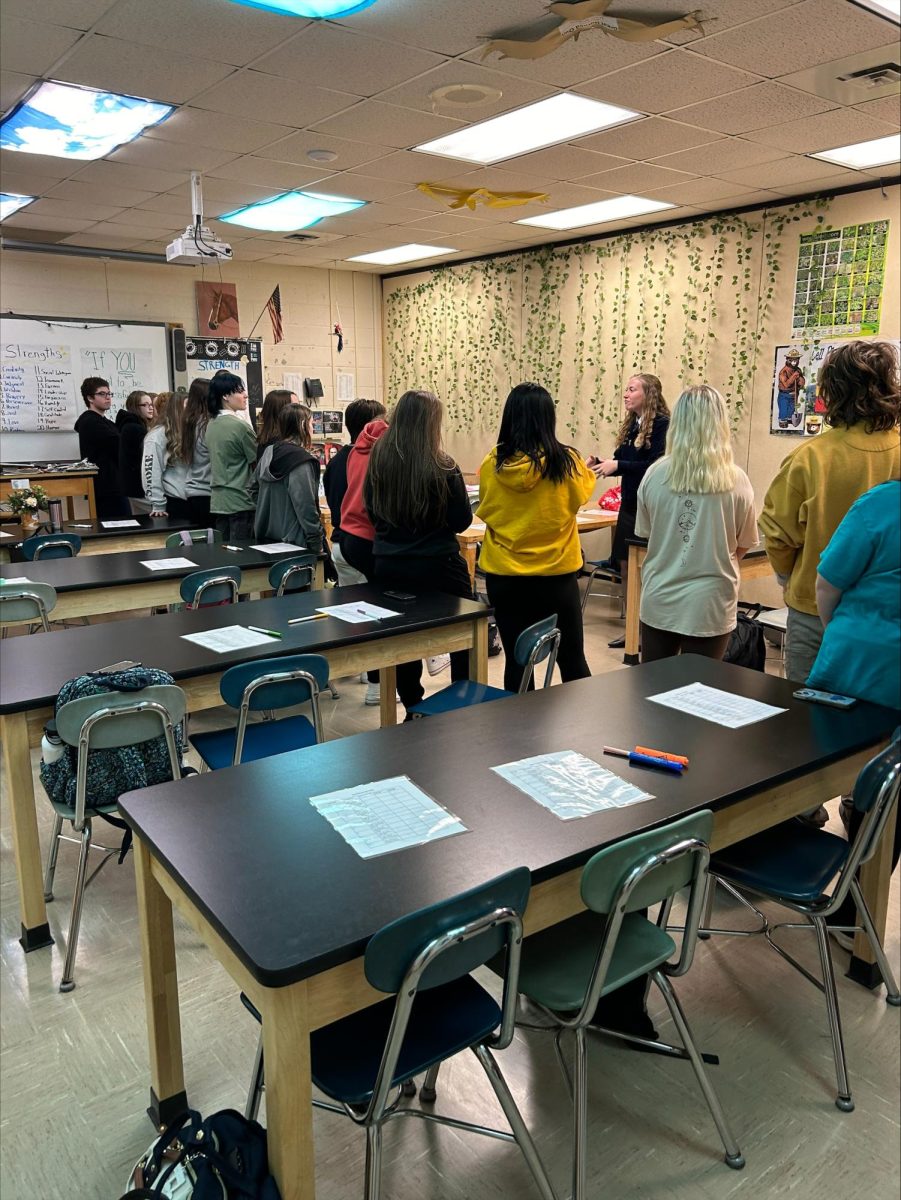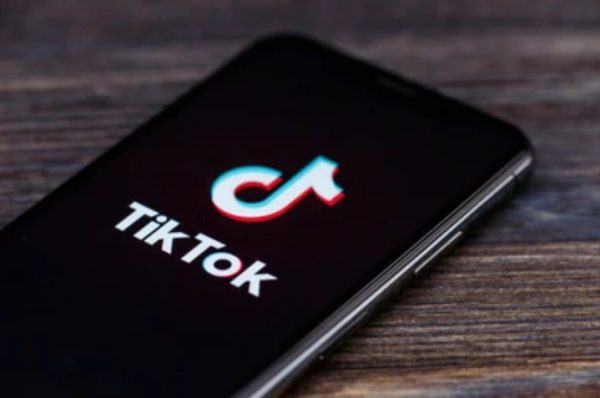How Skills Developed in High School Help in the Workplace
Entering high school, it is noticeable that we, as students, are being hired for after school jobs, summer jobs, or weekend jobs. Some of us get our first job in ninth grade while some get one later on. The classes we take can help to prepare us for our first jobs with the skills developed in those classes.
When it comes to learning about formulas in trigonometry or different chemical compounds in chemistry, a common thought enters students’ minds: Why will I need to know any of this as an adult?
The way I think of it is that in these classes, we are developing problem solving skills. Sure, we probably won’t have to deal with the Pythagorean Theorem again, but knowing it and solving problems regarding it will teach us how to come to conclusions based on small information given previously.
This skill can be applied to the workplace because at a job, you will most likely encounter a series of issues. For example, at my job this summer at a concession stand, I made milkshakes and served ice cream. If a customer wanted a bag of ice, we simply charged them the amount of a cup of cheese and sold the ice to them because a bag of ice wasn’t on the menu. We couldn’t change the menu, but with our logic, we understood that we had to charge an amount for a bag of ice and the cost for a cup of cheese seemed to be equal to what we would charge for ice if it was on the menu. The amount of money at the end of the day still balanced out with the sales we made.
Another skill we develop is communication skills. In group projects in our ELA class or labs in our chemistry class, we are able to learn how to communicate properly with our classmates, which can be compared to communicating with colleagues at a job. If communication skills aren’t developed, they can lead to issues at work.
Communication skills doesn’t just mean knowing how to word thoughts, but they also mean knowing how to verbally express thoughts. For example, if your group is arguing because two people want to do it a certain way and the other two want to do it a different way, you can tell them a more simple and efficient way to do it because you’ve unbias and heard both sides. However, if you stay silent, the group will continue to argue, not reach an effective conclusion, and nothing will be resolved.
In my ELA class, we did a group project on developing a horror version of the Wizard of Oz in groups of 4-5 people and everyone was assigned different roles. For example, one person wrote the synopsis, another drew the scenery, another presented the chosen actors, and the last presented the pitch. After we were done presenting, Mr. Curcio told us the value of group projects.
“You need to know how to work together for later in life. You also have to take on more of the project if someone in your group isn’t putting in as much effort compared to if everyone works together, ” Mr. Curcio says. “Not only that, but they’re fun too. I still remember most of my group projects.”
The last example given can also relate to leadership skills. Leadership skills are important in the workplace because, as previously stated, they can help resolve an issue effectively if people are having disagreements. Also, one person can be the go-to if an issue arises to avoid any future disagreements. This skill is especially shown in high school because more and more students are becoming managers at their jobs as they continue to get older and stay at the same job.
Most people become managers at part-time jobs after a few years of working at the same job. By sophomore or junior year, students might have worked at their jobs since ninth grade, depending on their age. Leadership skills, problem-solving skills, and communication skills developed in high school can definitely have a positive impact on the workplace.
“Clear communication is a must in the workplace because having the ability to communicate with both staff and customers helps get the job done more effectively. Having an open mind is necessary for management because listening to your staff’s ideas can provoke improvement, says Emily Dominick, Derry Area High School graduate of 2019.
“Being able to endure constructive criticism is a quality that I specifically looked for in employees. The workplace is all about teamwork and sometimes that means listening to how you can improve.”

Rebecca is a sophomore at Derry. This being her first year on the newspaper staff, she is excited to write about what she’s passionate about. She enjoys...





